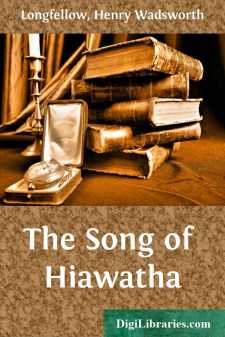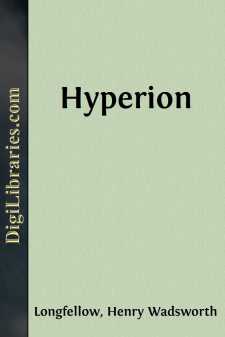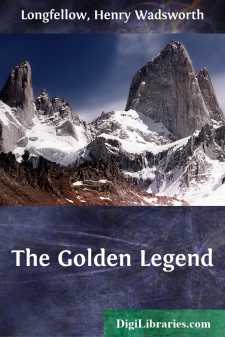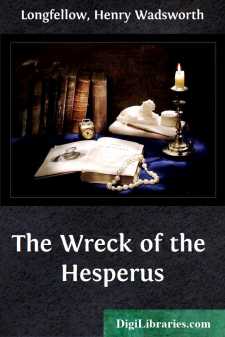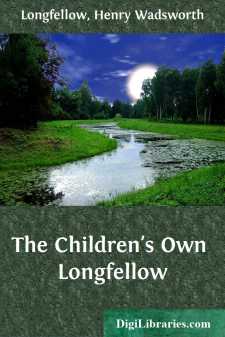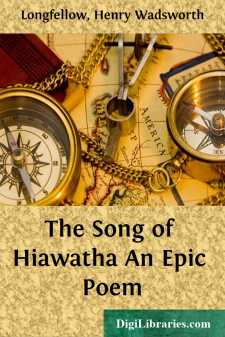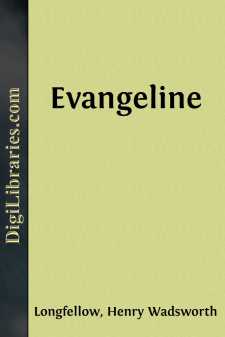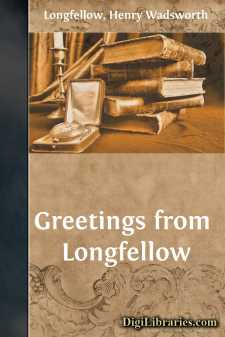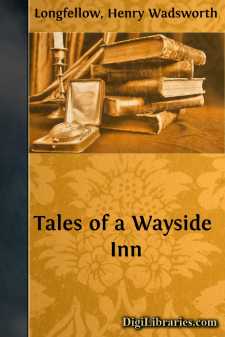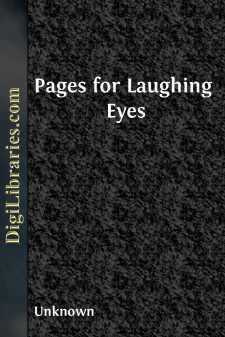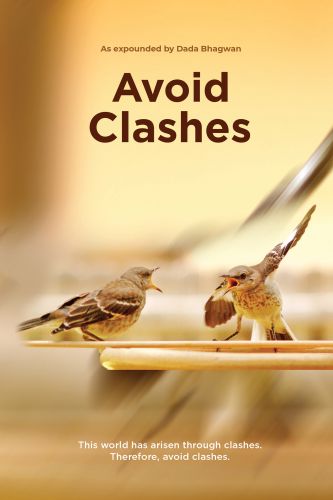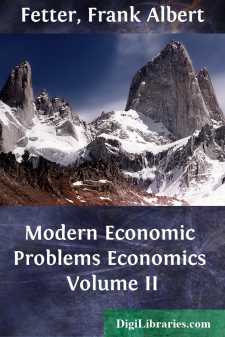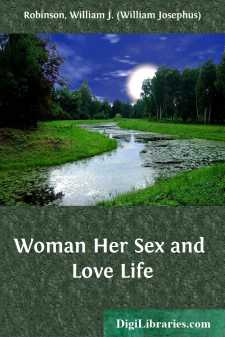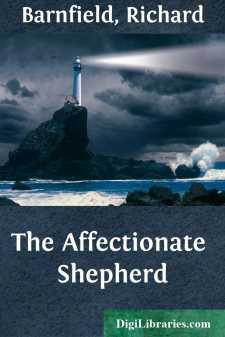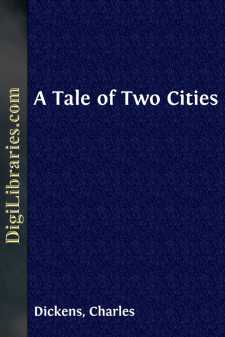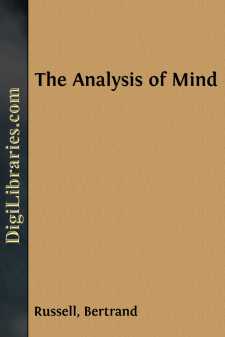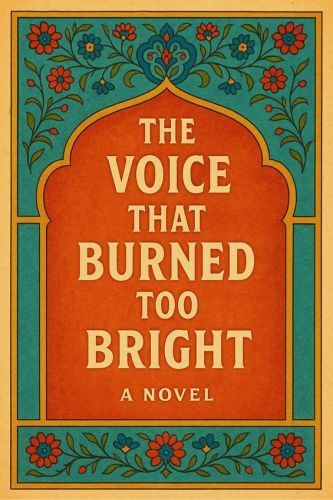Categories
- Antiques & Collectibles 13
- Architecture 36
- Art 48
- Bibles 22
- Biography & Autobiography 816
- Body, Mind & Spirit 145
- Business & Economics 28
- Children's Books 17
- Children's Fiction 14
- Computers 4
- Cooking 94
- Crafts & Hobbies 4
- Drama 346
- Education 58
- Family & Relationships 59
- Fiction 11834
- Foreign Language Study 3
- Games 19
- Gardening 17
- Health & Fitness 34
- History 1378
- House & Home 1
- Humor 147
- Juvenile Fiction 1873
- Juvenile Nonfiction 202
- Language Arts & Disciplines 89
- Law 16
- Literary Collections 686
- Literary Criticism 179
- Mathematics 13
- Medical 41
- Music 40
- Nature 179
- Non-Classifiable 1768
- Performing Arts 7
- Periodicals 1453
- Philosophy 66
- Photography 2
- Poetry 897
- Political Science 203
- Psychology 45
- Reference 154
- Religion 516
- Science 126
- Self-Help 85
- Social Science 82
- Sports & Recreation 34
- Study Aids 3
- Technology & Engineering 59
- Transportation 23
- Travel 463
- True Crime 29
Our website is made possible by displaying online advertisements to our visitors.
Please consider supporting us by disabling your ad blocker.
The Song of Hiawatha
Description:
Excerpt
The Song of Hiawatha is based on the legends and stories of many North American Indian tribes, but especially those of the Ojibway Indians of northern Michigan, Wisconsin, and Minnesota. They were collected by Henry Rowe Schoolcraft, the reknowned historian, pioneer explorer, and geologist. He was superintendent of Indian affairs for Michigan from 1836 to 1841.
Schoolcraft married Jane, O-bah-bahm-wawa-ge-zhe-go-qua (The Woman of the Sound Which the Stars Make Rushing Through the Sky), Johnston. Jane was a daughter of John Johnston, an early Irish fur trader, and O-shau-gus-coday-way-qua (The Woman of the Green Prairie), who was a daughter of Waub-o-jeeg (The White Fisher), who was Chief of the Ojibway tribe at La Pointe, Wisconsin.
Jane and her mother are credited with having researched, authenticated, and compiled much of the material Schoolcraft included in his Algic Researches (1839) and a revision published in 1856 as The Myth of Hiawatha. It was this latter revision that Longfellow used as the basis for The Song of Hiawatha.
Longfellow began Hiawatha on June 25, 1854, he completed it on March 29, 1855, and it was published November 10, 1855. As soon as the poem was published its popularity was assured. However, it also was severely criticized as a plagiary of the Finnish epic poem Kalevala. Longfellow made no secret of the fact that he had used the meter of the Kalevala; but as for the legends, he openly gave credit to Schoolcraft in his notes to the poem.
I would add a personal note here. My father's roots include Ojibway Indians: his mother, Margaret Caroline Davenport, was a daughter of Susan des Carreaux, O-gee-em-a-qua (The Chief Woman), Davenport whose mother was a daughter of Chief Waub-o-jeeg. Finally, my mother used to rock me to sleep reading portions of Hiawatha to me, especially:
"Wah-wah-taysee, little fire-fly,
Little, flitting, white-fire insect
Little, dancing, white-fire creature,
Light me with your little candle,
Ere upon my bed I lay me,
Ere in sleep I close my eyelids!"
Woodrow W. Morris
April 1, 1991
The Song of Hiawatha
Should you ask me, whence these stories?
Whence these legends and traditions,
With the odors of the forest
With the dew and damp of meadows,
With the curling smoke of wigwams,
With the rushing of great rivers,
With their frequent repetitions,
And their wild reverberations
As of thunder in the mountains?
I should answer, I should tell you,
"From the forests and the prairies,
From the great lakes of the Northland,
From the land of the Ojibways,
From the land of the Dacotahs,
From the mountains, moors, and fen-lands
Where the heron, the Shuh-shuh-gah,
Feeds among the reeds and rushes.
I repeat them as I heard them
From the lips of Nawadaha,
The musician, the sweet singer."
Should you ask where Nawadaha
Found these songs so wild and wayward,
Found these legends and traditions,
I should answer, I should tell you,
"In the bird's-nests of the forest,
In the lodges of the beaver,
In the hoofprint of the bison,
In the eyry of the eagle...!


